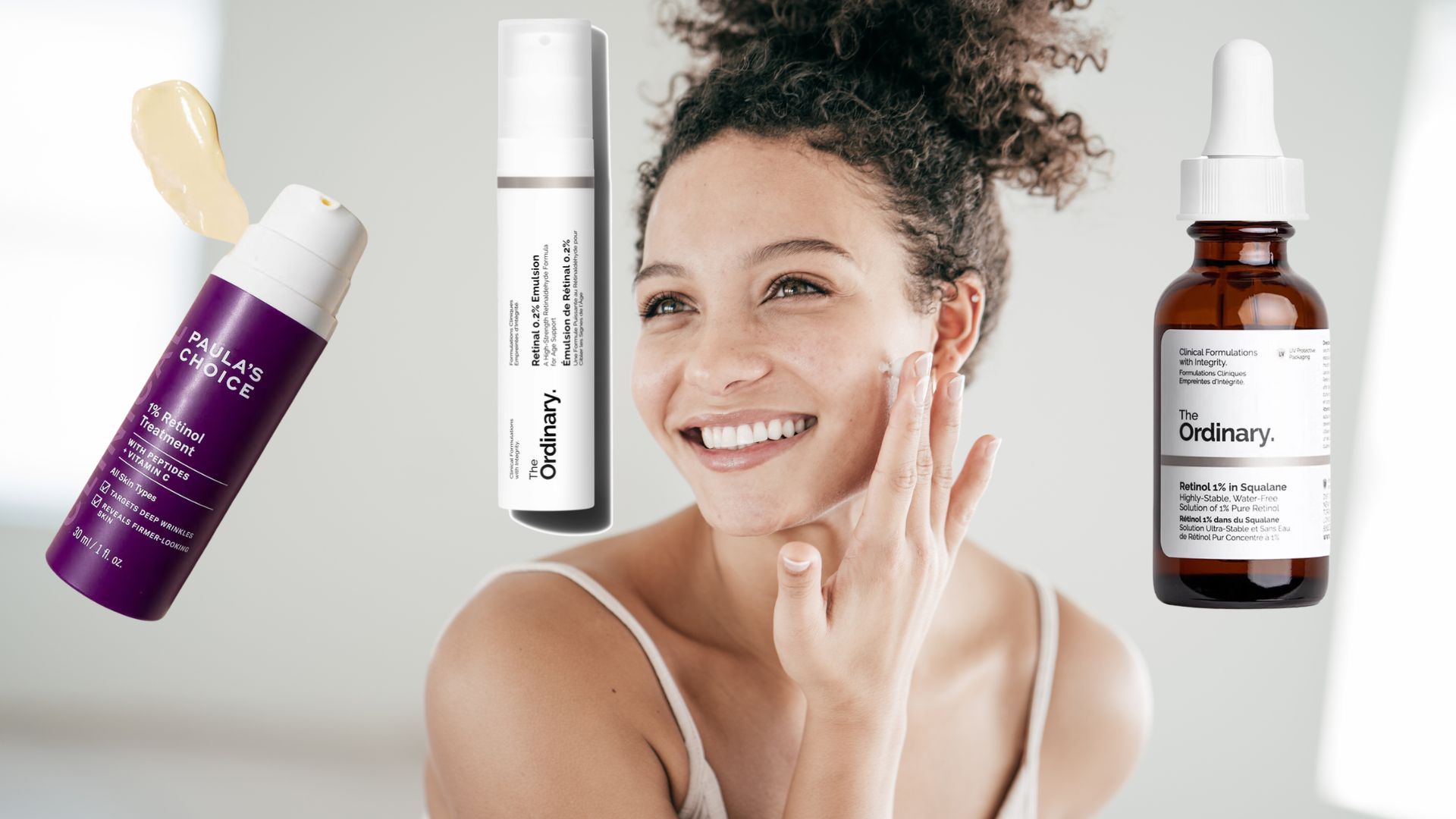If you want to fight the signs of aging on your skin, you will surely have heard of retinol, the best-known anti-aging active ingredient. It is part of the retinoid family, which are derivatives of vitamin A, along with retinal (also called retinaldehyde), retinoic acids, and retinoid esters. If they are so well known it is thanks to their effectiveness when used correctly and tolerated by the skin. But if you don’t gradually build your skin’s tolerance to retinoids, you can suffer from irritation, redness, dryness, and flaking. And if you don’t use sunscreen, you can even get sunburnt. But this is not even why the European Union wants to limit the concentration available over the counter (because you can also have a doctor prescribe it with a prescription, moreover).
Why does the European Union want to limit the concentration of retinol available as an over-the-counter medicine?
Following the publication of a report on retinoidsin 2023 the European Union passed a law limiting the concentration available over the counter. From 2026, facial treatments based on concentrated retinol in excess of 0.3% will no longer be able to be marketed in Europe. For treatments that concern the body the limit will be lowered to even 0.05%. These will therefore be flagship products, such as the famous 1% Retinol Treatment by Paula’s Choice (which I told you about in my routine, because I swear by this serum).
Perhaps because treatments with doses higher than 0.3% would be dangerous? On the contrary. The Scientific Committee of the European Union instead wants to limit the risks of potential overexposure to vitamin A. This can especially cause skin problems or weakening of the bones if we consume too much, especially through food. Through a potential cocktail effect between food and cosmetics, we could therefore run a risk that the European Union prefers to prevent according to a precautionary principle.. This is what was explained to him Glamor in the UK Dr. Magnus Lynch:
“The vast majority of vitamin A is consumed through food, in the form of vitamin supplements or through foods such as fish oils, liver, milk, eggs and carrots. It is essential for vision, immune function and skin health.
Excessive food consumption, however, can cause “hypervitaminosis,” which can lead to liver damage and other health problems. »
According to Dr. Magnus Lynch, there are also theoretical risks of birth defects if a woman becomes pregnant while using retinol. He also reminds you that this limitation of concentrations available over the counter does not apply to creams based on vitamin A derivatives that can be prescribed by doctors. Those most dependent on high concentrations of retinol can therefore always try to negotiate with their dermatologist.
Please note that retinal, a retinoid/vitamin A derivative, which also targets the appearance of fine lines and wrinkles, is not subject to these new regulations.
Listen to Apéro des Daronnes, Madmoizelle’s show that aims to break down taboos on parenting.
Source: Madmoizelle
Mary Crossley is an author at “The Fashion Vibes”. She is a seasoned journalist who is dedicated to delivering the latest news to her readers. With a keen sense of what’s important, Mary covers a wide range of topics, from politics to lifestyle and everything in between.





